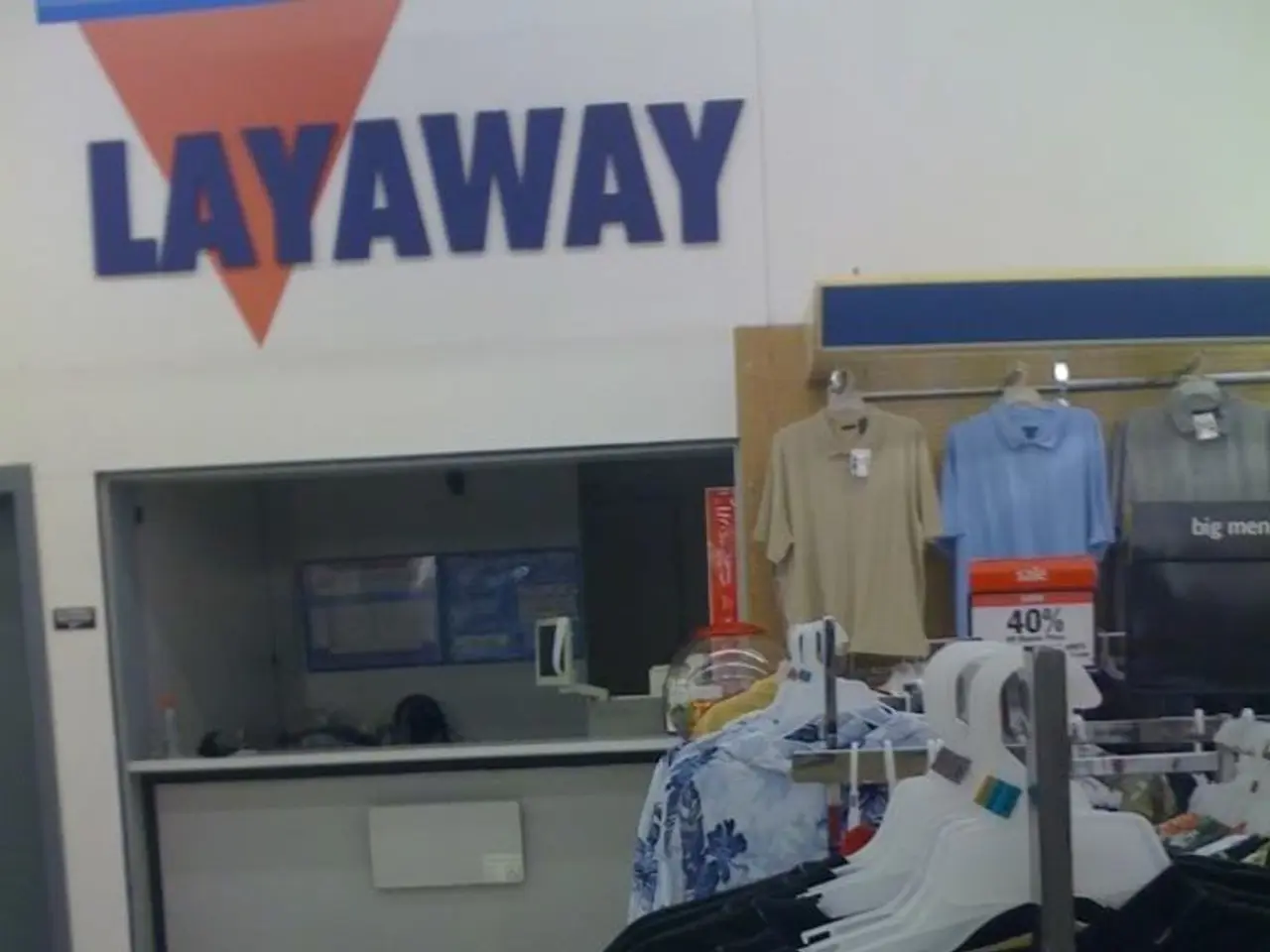The Misconception of Equating Data Economy with Barter Economy: A Clarification
In the digital age, the exchange of personal data for online services has become a common practice. However, a recent analogy by Gillian Tett compares this activity to a barter economy, a comparison that, upon closer inspection, reveals some significant flaws.
According to Tett, companies cannot provide goods or services without earning income, which can come from direct payments or indirect payments from advertisers and sponsors. This income, in turn, supports the provision of free online services. Yet, consumers do not pay for these services with money but rather with their data. Tett argues that this activity "goes entirely uncounted in these statistics that the economists collect."
However, the exchange of personal data for digital services is not a straightforward, consensual exchange akin to a traditional barter system. Unlike barter, the exchange of personal data is mediated by complex institutions, involving issues of trust, power asymmetries, and often lack of clear consent or equivalence in value.
In a barter economy, goods are traded non-simultaneously, but data can be collected, shared, and used by multiple companies simultaneously, making it non-rivalrous. This non-rivalrous nature and the mutual benefits for companies and consumers make the data economy fundamentally different from a barter economy.
Moreover, personal data is collected continuously and involuntarily in many cases, which differs fundamentally from the explicit exchange characterizing barter economies. Tech companies often exploit this opacity, giving consumers a raw deal.
Enacting laws and regulations based on the misconception of the data economy as a barter economy would harm the digital economy and make the lives of digital consumers worse. The alternative to companies using consumer data to monetize services with online ads is subscription models, which would hurt low- and middle-income individuals.
Online services turn user data into economic value by functioning as two-sided markets that connect consumers and advertisers. Users get access to a free service, and advertisers get access to an audience for its ads. People are willing to pay significant amounts to continue using free services like search engines, email, and digital maps, suggesting that the perceived value of these services exceeds the cost of data exchange.
It's essential to approach data-related issues with the right conceptual framework to ensure effective framing and legislation. Comparing data to physical commodities like oil, gold, and bacon may seem appealing, but these analogies are flawed. The data economy is unique, and understanding its complexities is crucial for shaping policies that benefit both consumers and businesses in the digital age.
Read also:
- Condor Reveals Q2 Results for 2025 and Secures a $5 Million Bridge Loan
- More than half of British homes adhere to insulation standards established during the 1970s.
- While Éowyn's storm caused a massive €301 million in damages, fossil fuels maintain their position as the leading power source.
- Transition in Energy: Merz Administration Plans Enactment of Heating Revolution from 2026




